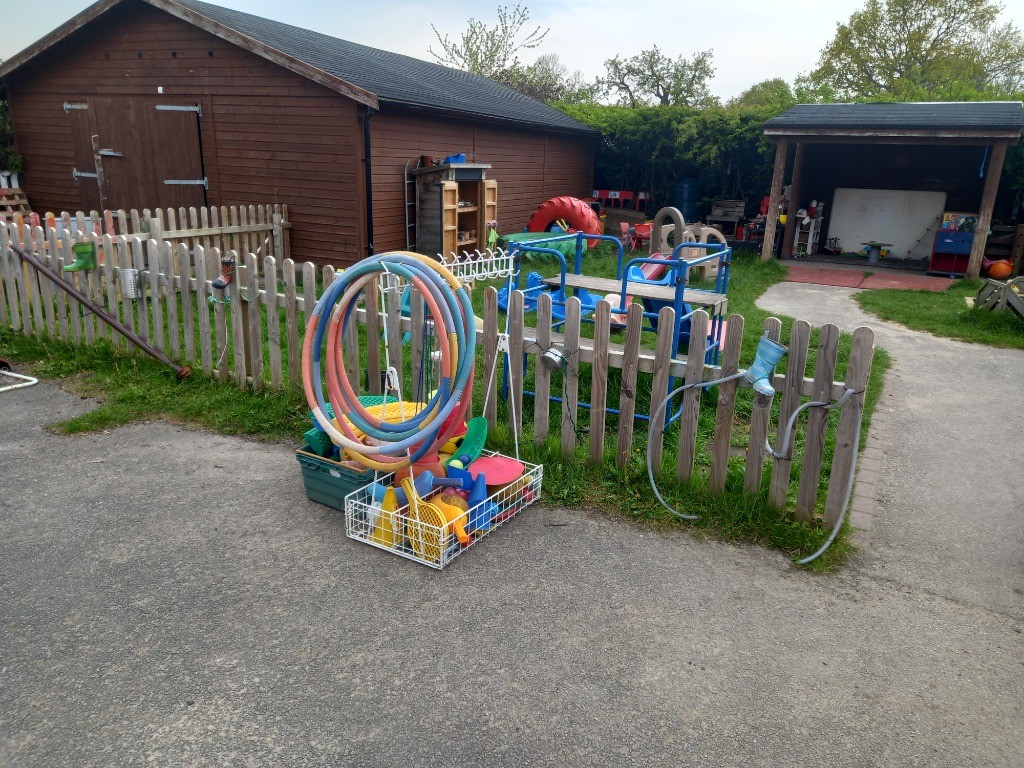Deciding when your child is ready for pre-school can be tricky. It involves careful consideration of multiple factors, with the aim of providing an optimal learning and socialisation environment for the child.
While there isn’t a fixed age requirement, most children in the UK start pre-school around the age of three.
What the Early Years Foundation Stage (EYFS) says
The EYFS, which sets the standards for the learning, development, and care of children from birth to five years old, highlights the significance of early education in a child’s life.
Sending a child to pre-school at around the age of three aligns with the EYFS principles, which emphasise the importance of early intervention in a child’s developmental journey. At this age, children are in a critical period of brain development, and exposure to a stimulating learning environment can have lasting positive effects.
Socialisation is a key aspect of pre-school education, and starting at the age of three allows children to interact with their peers, develop social skills, and learn to navigate group dynamics.
What we say
While some children may start pre-school at an earlier age, it’s crucial to consider the child’s individual readiness. Children develop at different rates, and factors such as temperament, independence, and emotional maturity play a role in determining when a child is ready for a structured educational setting.
The decision to send a child to pre-school is often influenced by parental considerations, work schedules, and the availability of suitable pre-school programmes.
You may choose to send your child to pre-school for a variety of reasons, including the desire to enhance your child’s early learning experiences, provide social opportunities, or prepare them for the transition to primary school.
Flexible pre-school options, such as part-time or sessional attendance, cater to the diverse needs of families and allow for a gradual introduction to the school environment.
It’s important for you as the parent to engage with pre-school staff and explore the available options to determine the most suitable timing for your child. Some pre-schools offer settling-in sessions or trial periods, easing the child into the routine and allowing both parents and educators to assess readiness.
At Dodleston Pre-School, based near Chester and North Wales, we accept children from the age of two. We will always allow a decent amount of time for settling in, going at yours and the child’s own pace.
In conclusion, while there isn’t a strict age requirement for pre-school attendance in the UK, starting at around the age of two or three is common and aligns with the developmental principles outlined in the EYFS. The decision should be based on the individual needs and readiness of the child, with parents playing a crucial role in assessing the best timing for their child’s entry into the pre-school environment.





